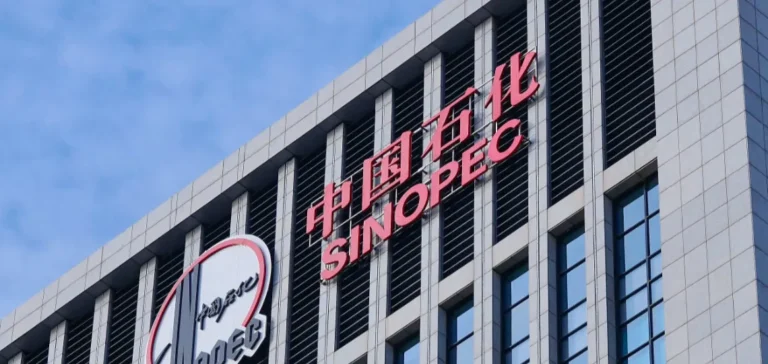China Petroleum & Chemical Corporation (Sinopec), the world’s largest refiner by capacity, recorded a 32% drop in net profit over the first nine months of the year, reaching CNY29.98bn ($4.21bn), according to a regulatory filing. The decline is attributed to an unfavourable oil price environment and weakened domestic demand for refined fuels. In the third quarter alone, net profit remained flat at CNY8.5bn ($1.19bn).
Crude processing between January and September reached 186.4mn tonnes, equivalent to around 4.98mn barrels per day, down 2.2% year-on-year. Total refined fuel sales fell 5.7% to 171.4mn tonnes. Of this, domestic sales accounted for 133.1mn tonnes, a decrease of 3.6%.
Refining resilience and operational refocus
Faced with falling prices and sluggish domestic demand, Sinopec adjusted plant utilisation to increase output of more profitable products. This approach enabled its refining division to generate CNY7bn in pre-tax and interest profit over the period.
Upstream, crude oil output declined slightly by 0.1% to 211.2mn barrels, while natural gas production rose by 4.9%, reaching 1,099.3bn cubic feet. Total capital expenditure stood at CNY71.6bn, compared with CNY86.35bn the previous year, with nearly 60% of the spend directed toward exploration and development projects.
Chemicals segment under pressure despite higher production
The chemicals division posted a CNY8.2bn pre-tax and interest loss, despite a 15.4% increase in ethylene output. The result was impacted by continued market capacity expansions and persistently thin margins on petrochemical products.
On the financial markets, the Hong Kong-listed shares dropped 5.2% year-to-date. In contrast, the Hang Seng Index recorded a 31.3% gain over the same period.






















